When Do Babies Start to Recognize and Remember Their Mothers After Delivery?
 01 September,2025
Read More
01 September,2025
Read More
Enquire now in case of any assistance needed
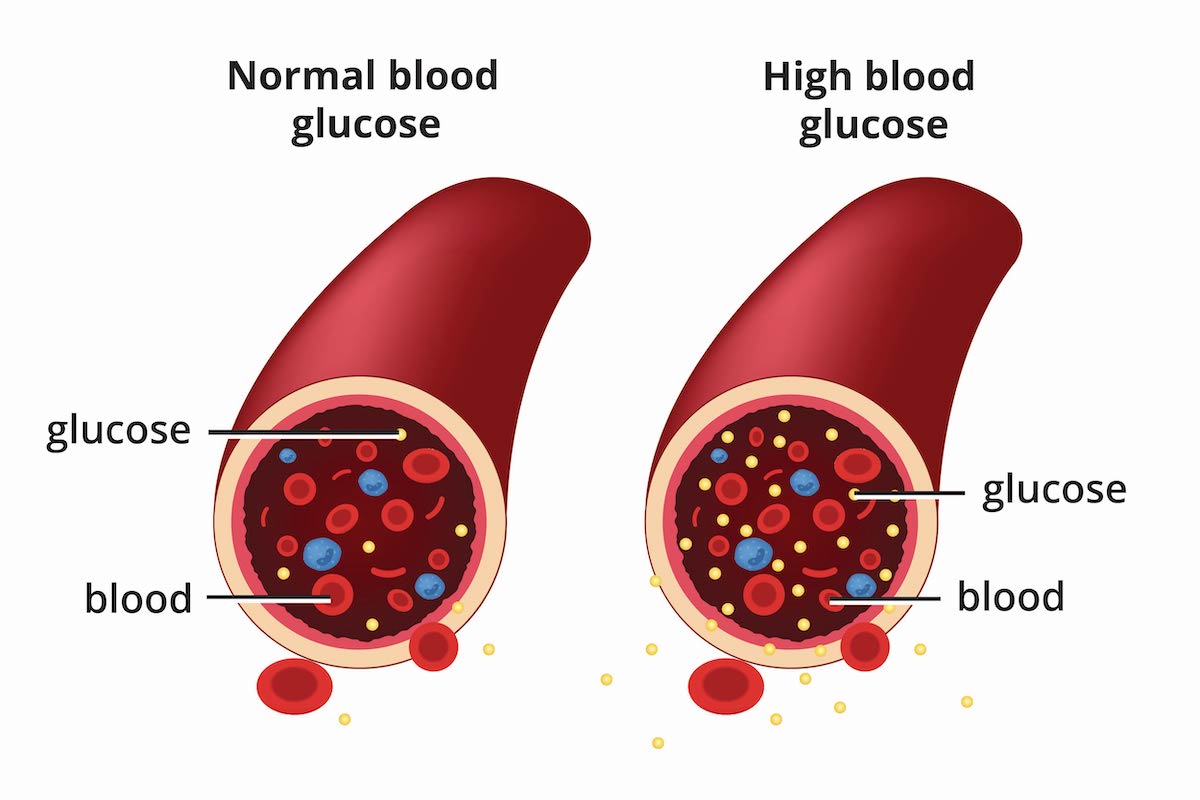
 24 August,2025
24 August,2025
Diabetes Mellitus: A Metabolic Disorder of Blood Sugar Regulation
Diabetes mellitus refers to a group of diseases that affect how the body uses blood sugar (glucose). Glucose is an important source of energy for the cells that make up the muscles and tissues. It's also the brain's main source of fuel. The main cause of diabetes varies by type. But no matter what type of diabetes you have, it can lead to excess sugar in the blood. Too much sugar in the blood can lead to serious health problems.
Chronic diabetes conditions include type 1 diabetes and type 2 diabetes. Potentially reversible diabetes conditions include prediabetes and gestational diabetes. Prediabetes happens when blood sugar levels are higher than normal. But the blood sugar levels aren't high enough to be called diabetes. And prediabetes can lead to diabetes unless steps are taken to prevent it. Gestational diabetes happens during pregnancy. But it may go away after the baby is born.
Symptoms
Diabetes symptoms depend on how high your blood sugar is. Some people, especially if they have prediabetes, gestational diabetes or type 2 diabetes, may not have symptoms. In type 1 diabetes, symptoms tend to come on quickly and be more severe.
Some of the symptoms of type 1 diabetes and type 2 diabetes are:
Feeling more thirsty than usual.
Urinating often.
Losing weight without trying.
Presence of ketones in the urine. Ketones are a byproduct of the breakdown of muscle and fat that happens when there's not enough available insulin.
Feeling tired and weak.
Feeling irritable or having other mood changes.
Having blurry vision.
Having slow-healing sores.
Getting a lot of infections, such as gum, skin and vaginal infections.
Type 1 diabetes can start at any age. But it often starts during childhood or teen years. Type 2 diabetes, the more common type, can develop at any age. Type 2 diabetes is more common in people older than 40. But type 2 diabetes in children is increasing.
Symptoms
Diabetes symptoms depend on how high your blood sugar is. Some people, especially if they have prediabetes, gestational diabetes or type 2 diabetes, may not have symptoms. In type 1 diabetes, symptoms tend to come on quickly and be more severe.
Some of the symptoms of type 1 diabetes and type 2 diabetes are:
Feeling more thirsty than usual.
Urinating often.
Losing weight without trying.
Presence of ketones in the urine. Ketones are a byproduct of the breakdown of muscle and fat that happens when there's not enough available insulin.
Feeling tired and weak.
Feeling irritable or having other mood changes.
Having blurry vision.
Having slow-healing sores.
Getting a lot of infections, such as gum, skin and vaginal infections.
Type 1 diabetes can start at any age. But it often starts during childhood or teen years. Type 2 diabetes, the more common type, can develop at any age. Type 2 diabetes is more common in people older than 40. But type 2 diabetes in children is increasing.
Causes
To understand diabetes, it's important to understand how the body normally uses glucose.
How insulin works
Insulin is a hormone that comes from a gland behind and below the stomach (pancreas).
The pancreas releases insulin into the bloodstream.
The insulin circulates, letting sugar enter the cells.
Insulin lowers the amount of sugar in the bloodstream.
As the blood sugar level drops, so does the secretion of insulin from the pancreas.
The role of glucose
Glucose — a sugar — is a source of energy for the cells that make up muscles and other tissues.
Glucose comes from two major sources: food and the liver.
Sugar is absorbed into the bloodstream, where it enters cells with the help of insulin.
The liver stores and makes glucose.
When glucose levels are low, such as when you haven't eaten in a while, the liver breaks down stored glycogen into glucose. This keeps your glucose level within a typical range.
The exact cause of most types of diabetes is unknown. In all cases, sugar builds up in the bloodstream. This is because the pancreas doesn't produce enough insulin. Both type 1 and type 2 diabetes may be caused by a combination of genetic or environmental factors. It is unclear what those factors may be.
Risk factors
Risk factors for diabetes depend on the type of diabetes. Family history may play a part in all types. Environmental factors and geography can add to the risk of type 1 diabetes. Sometimes family members of people with type 1 diabetes are tested for the presence of diabetes immune system cells (autoantibodies). If you have these autoantibodies, you have an increased risk of developing type 1 diabetes. But not everyone who has these autoantibodies develops diabetes. Race or ethnicity also may raise your risk of developing type 2 diabetes. Although it's unclear why, certain people — including Black, Hispanic, American Indian and Asian American people — are at higher risk. Prediabetes, type 2 diabetes and gestational diabetes are more common in people who are overweight or obese.
Complications
Long-term complications of diabetes develop gradually. The longer you have diabetes — and the less controlled your blood sugar — the higher the risk of complications. Eventually, diabetes complications may be disabling or even life-threatening. In fact, prediabetes can lead to type 2 diabetes. Possible complications include: Heart and blood vessel (cardiovascular) disease. Diabetes majorly increases the risk of many heart problems. These can include coronary artery disease with chest pain (angina), heart attack, stroke and narrowing of arteries (atherosclerosis). If you have diabetes, you're more likely to have heart disease or stroke.Nerve damage from diabetes (diabetic neuropathy). Too much sugar can injure the walls of the tiny blood vessels (capillaries) that nourish the nerves, especially in the legs. This can cause tingling, numbness, burning or pain that usually begins at the tips of the toes or fingers and gradually spreads upward.
Damage to the nerves related to digestion can cause problems with nausea, vomiting, diarrhea or constipation. For men, it may lead to erectile dysfunction.
Kidney damage from diabetes (diabetic nephropathy). The kidneys hold millions of tiny blood vessel clusters (glomeruli) that filter waste from the blood. Diabetes can damage this delicate filtering system.
Eye damage from diabetes (diabetic retinopathy). Diabetes can damage the blood vessels of the eye. This could lead to blindness.
Foot damage. Nerve damage in the feet or poor blood flow to the feet increases the risk of many foot complications.
Skin and mouth conditions. Diabetes may leave you more prone to skin problems, including bacterial and fungal infections.
Hearing impairment. Hearing problems are more common in people with diabetes.
Alzheimer's disease. Type 2 diabetes may increase the risk of dementia, such as Alzheimer's disease.
Depression related to diabetes. Depression symptoms are common in people with type 1 and type 2 diabetes.
Prevention
Type 1 diabetes can't be prevented. But the healthy lifestyle choices that help treat prediabetes, type 2 diabetes and gestational diabetes can also help prevent them:
Eat healthy foods. Choose foods lower in fat and calories and higher in fiber. Focus on fruits, vegetables and whole grains. Eat a variety to keep from feeling bored.
Get more physical activity. Try to get about 30 minutes of moderate aerobic activity on most days of the week. Or aim to get at least 150 minutes of moderate aerobic activity a week. For example, take a brisk daily walk. If you can't fit in a long workout, break it up into smaller sessions throughout the day.
Lose excess pounds. If you're overweight, losing even 7% of your body weight can lower the risk of diabetes. For example, if you weigh 200 pounds (90.7 kilograms), losing 14 pounds (6.4 kilograms) can lower the risk of diabetes.bBut don't try to lose weight during pregnancy. Talk to your provider about how much weight is healthy for you to gain during pregnancy.
To keep your weight in a healthy range, work on long-term changes to your eating and exercise habits. Remember the benefits of losing weight, such as a healthier heart, more energy and higher self-esteem.Sometimes drugs are an option. Oral diabetes drugs such as metformin (Glumetza, Fortamet, others) may lower the risk of type 2 diabetes. But healthy lifestyle choices are important. If you have prediabetes, have your blood sugar checked at least once a year to make sure you haven't developed type 2 diabetes.
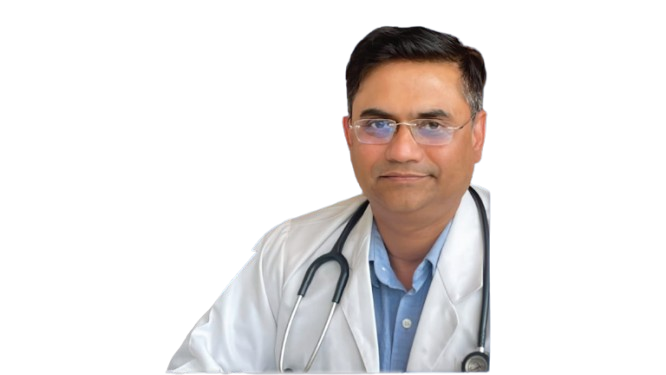
Senior Consultant
Medicine Specialist
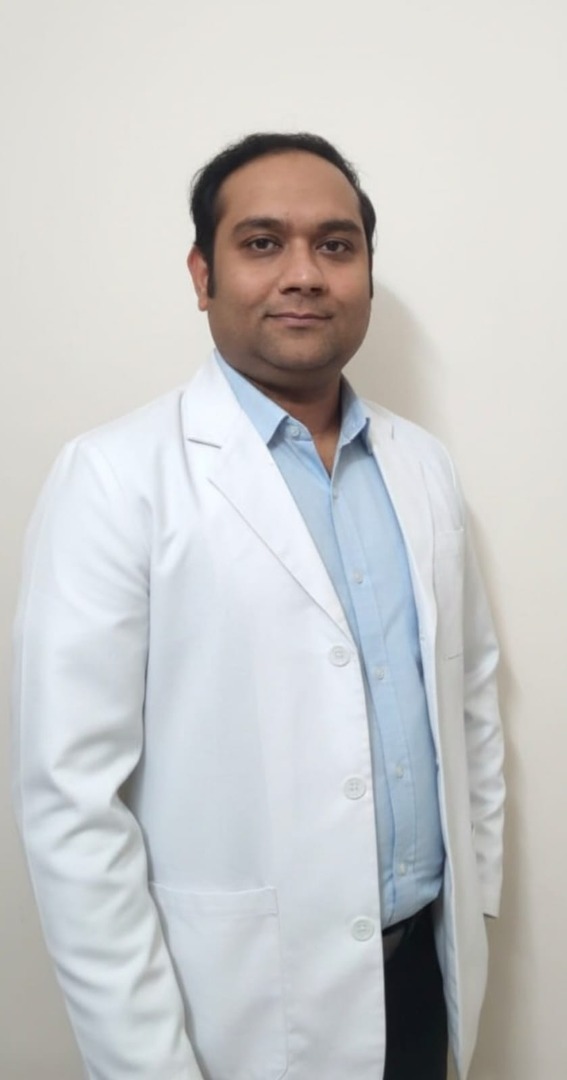
Senior Consultant
Neurologists
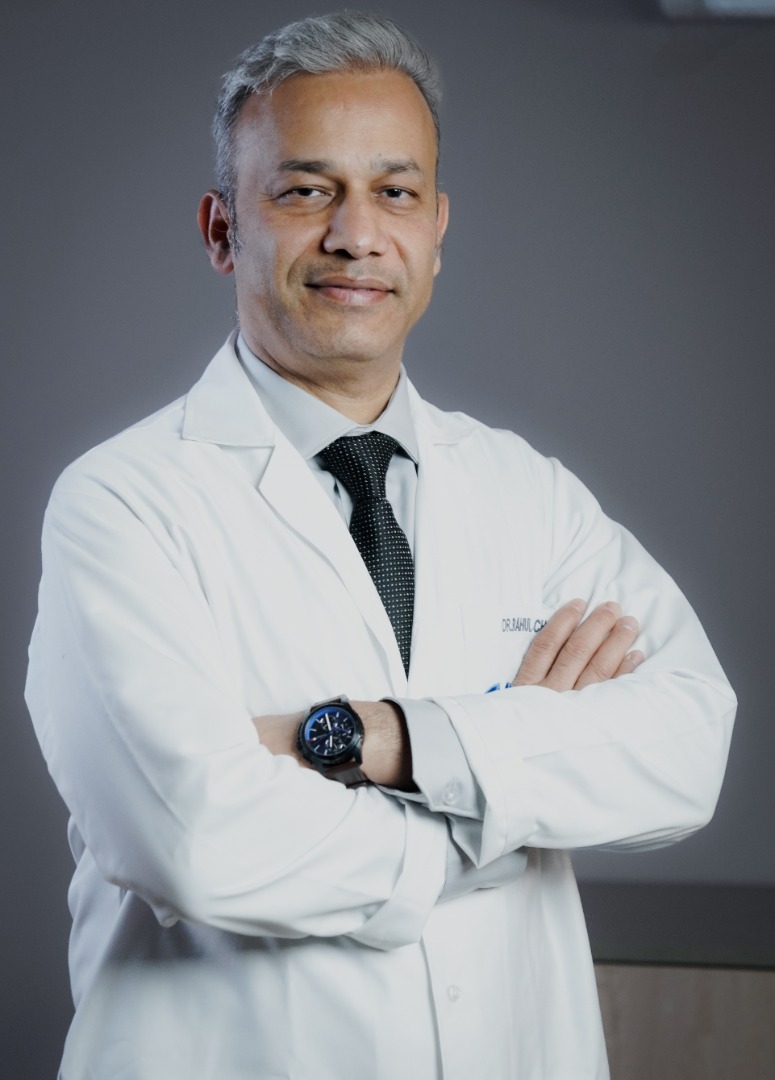
Chief
Cardiothoracic and Vascular Surgeons
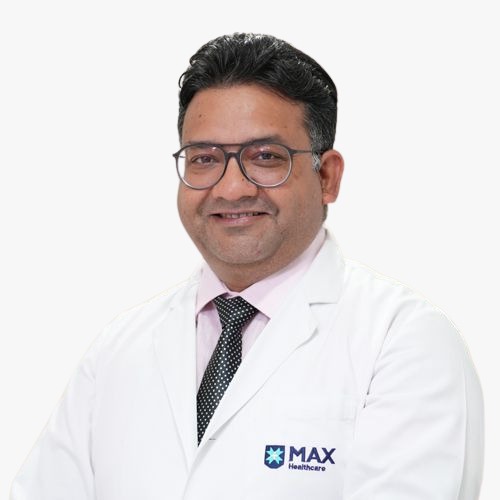
Director
Nephrologist
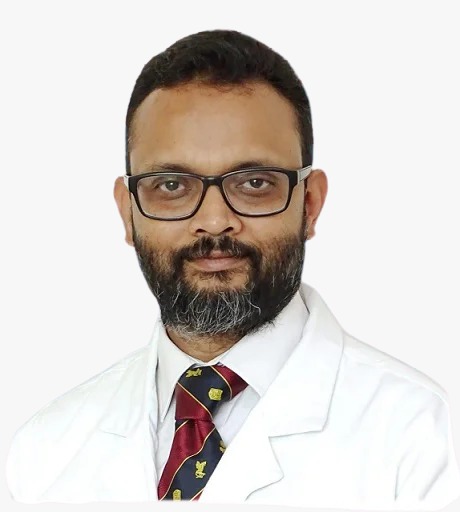
Consultant
Orthopedic and Joint Replacement Surgeons
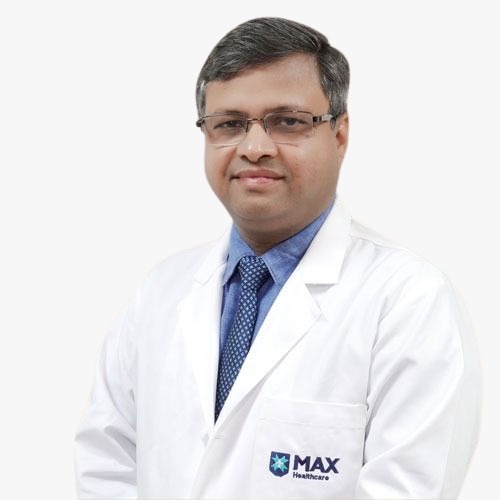
Director
Neurologists
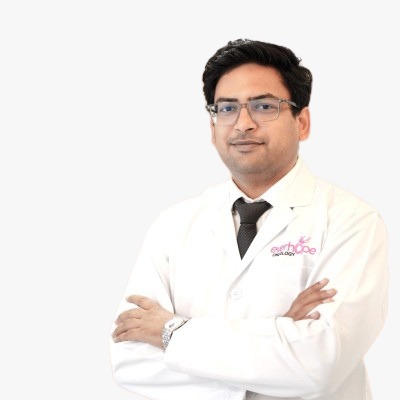
Senior Consultant
Medical Oncologists
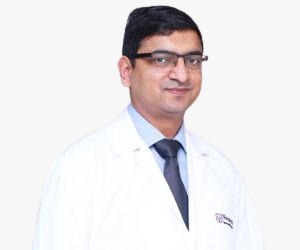
Head of Department (HOD)
Liver Transplant Surgeons
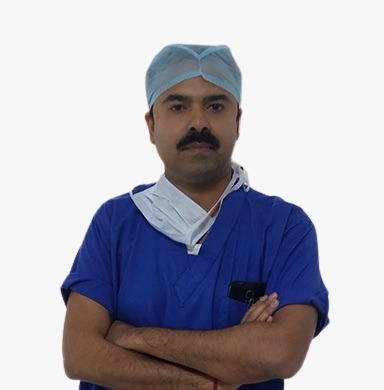
Head of Department (HOD)
Urologist
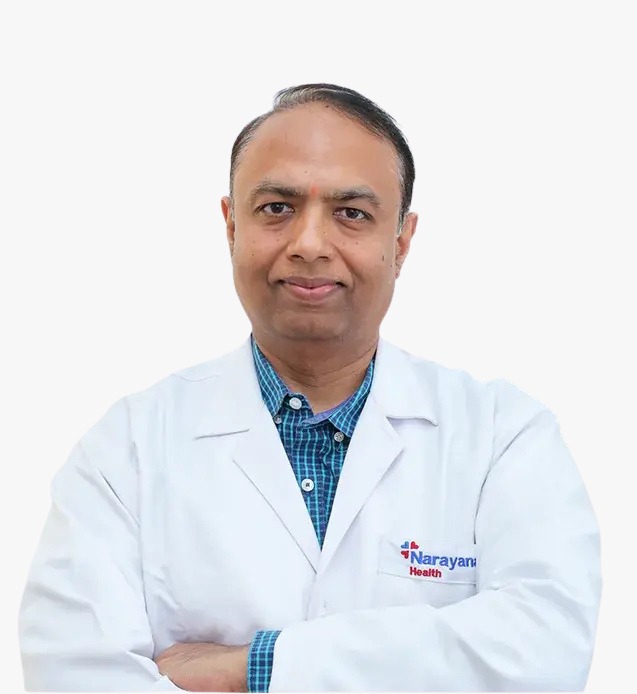
Head of Department (HOD)
Urologist
Fill up the form and get assured assitance within 24 hrs!
The Art of Effective Communication
 01 September,2025
Read More
01 September,2025
Read More
 01 September,2025
Read More
01 September,2025
Read More
 01 September,2025
Read More
01 September,2025
Read More
 01 September,2025
Read More
01 September,2025
Read More
 01 September,2025
Read More
01 September,2025
Read More
 31 August,2025
Read More
31 August,2025
Read More
 31 August,2025
Read More
31 August,2025
Read More
 31 August,2025
Read More
31 August,2025
Read More
 31 August,2025
Read More
31 August,2025
Read More
 31 August,2025
Read More
31 August,2025
Read More
Trusted by Patients
"I am Asim from Bangladesh and was looking for treatment in India for neuro. I visited many websites to get the complete information regarding the treatment but I was not satisfied as I was getting confused. In the meanwhile, one of my friends suggested I seek help from MyoPlus as he experienced his medical journey very smoothly and was satisfied with it. They have filtered the top 10 doctors as per experience, the success rate of surgery & profile, so it helps us to choose the best treatment in India. "
"For my knee surgery, MyoPlus guided me to BLK Hospital where I received exceptional care. The team's support and the expertise at BLK Hospital exceeded my expectations. Thank you MyoPlus for making my medical journey stress-free. "
"I came from Iraq for my granddaughter's eye surgery in India facilitated by MyoPlus, due to critical cases they advised us to get a second opinion from the different hospitals before going to surgery. Finally, we went to Fortis Escort Hospital, which helped us to get more confidence for diagnosis. Fortis Escort Hospital has the best eye surgeon team with the latest instruments. Thanks to all team members for providing a high-quality treatment in India at an affordable cost. "
"I came for my hair transplant in India, before coming I was so confused about choosing the best clinic and surgeon for me. But thanks to God one of my friends had a hair transplant in India through MyoPlus. He recommended me to go with them. I am completely happy with my experience with them. They were always very fast in their responses to me. the success rate of my hair transplant surgery is 100%."
"Artemis Hospital, suggested by MyoPlus, turned out to be a great choice for my treatment. The personalized assistance and medical care were exceptional. I'm grateful to MyoPlus for guiding me to a hospital that perfectly matched my needs. Highly recommended! "
"I came from Afghanistan for my treatment in India at Jaypee Hospital, Noida. I had a fantastic experience with MyoPlus. Kudos to them for their incredible support during my medical journey. They not only took care of all the logistics but also connected me with a fantastic healthcare team. Efficient, caring, and highly recommended for a hassle-free medical tourism experience."
"I am Adam from Kano, Nigeria, one of my friends from Nigeria was facilitated by MyoPlus, and he recommended us to go with them. I sent my all reports to them and within 48 hours they reverted with 4 options from different hospitals. They helped me to get a Visa letter from the hospital, arrange pick-up from the airport, and book a hotel for me. Their team is very honest and throughout our stay in India they are with us they are caring for us like his family members. BLK Hospital is the best hospital in India with a top surgical oncologist surgeon team, a very advanced OT, and a Radiotherapy department. I wish more success to MyoPlus. "
"Great experience at the Max Hospital for my spine surgery and was successfully done. I thank my neurosurgeon and his entire team. I recommended all of my country's people to MyoPlus for treatment in India, they choose the best hospital, the best doctors, and the best cost for patients."
"I came to India from Dhaka, Bangladesh for my father-in-law's cardiac surgery at Fortis Hospital. I was confused about choosing the best surgeon for him before coming, but their team helped me to choose the best hospital and best cardiac surgeon in India with very good cost and 100% success rate of surgery. I am very happy with the services, really they make my journey so comfortable that make me feel at home. Thanks again and I like people to choose "MyoPlus" as your travel guide. "
"I am Mohammad from Bangladesh came to India for my general health checkup. MyoPlus offers me the complete package including Pick-up from the airport, hotel services, and 24-hour assistance. They guide you to choose the best hospital in India, the best cost of treatment with top-most doctors and give you complete information about hotel booking, and pick-up from the airport before coming to India They have the best team to help. Always choose MyoPlus for your treatment in India."